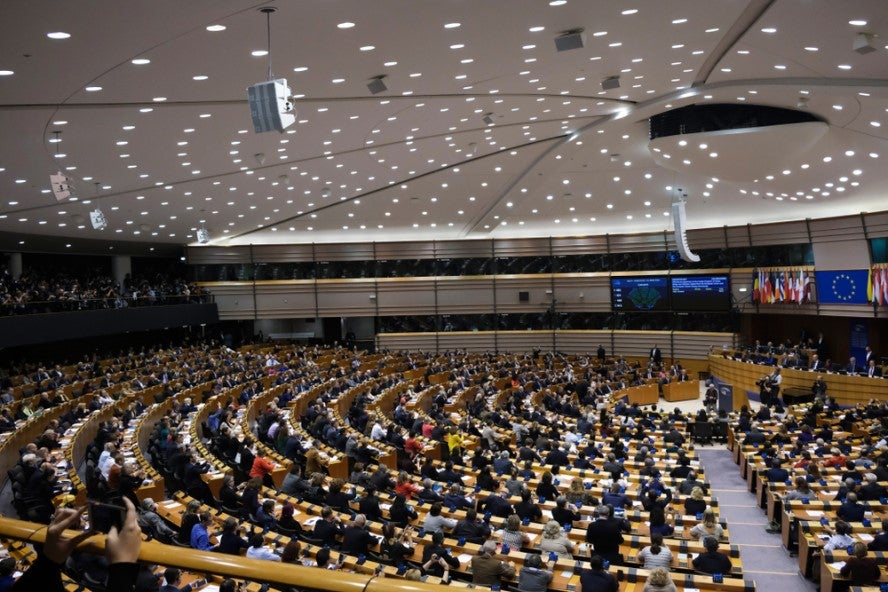
Financing the green transition agenda in Europe could face significant hurdles following the recent European Parliament elections, which have resulted in a more rightward-leaning composition.
This shift is expected to make it more difficult to pass ambitious EU climate policies, though most of Europe’s current leading green initiatives are likely to remain in place, according to lawmakers, officials, and analysts cited in the European press.
Provisional results from Sunday night’s election show that while centrist parties still hold a majority, right-wing and far-right parties, sceptical of the EU’s “Green Deal” package of environmental policies, have made significant gains.
Additionally, Green parties experienced heavy losses. “I don’t think that we’ll be rolling back on (climate) policies. But I do think that it will be more complicated to get new policies off the ground,” Bas Eickhout, head of the European Parliament’s Greens lawmaker group, told Reuters.
The future of EU climate measures over the next five years will largely depend on the incoming European Commission, which is responsible for proposing EU laws. However, the newly-elected European Parliament will have a significant say on every new green policy. Sunday’s election results indicate more challenging negotiations to approve new EU climate measures.
“All new policies will be harder to pass. But backsliding is very unlikely,” Krzysztof Bolesta, Poland’s secretary of state for climate, told Reuters.
How well do you really know your competitors?
Access the most comprehensive Company Profiles on the market, powered by GlobalData. Save hours of research. Gain competitive edge.

Thank you!
Your download email will arrive shortly
Not ready to buy yet? Download a free sample
We are confident about the unique quality of our Company Profiles. However, we want you to make the most beneficial decision for your business, so we offer a free sample that you can download by submitting the below form
By GlobalData“It is possible that new ambition will be delayed, mostly for populistic reasons,” agreed Julian Popov, who until April was Bulgaria’s environment minister.
This shift could impact the upcoming 2040 EU climate target, essential for steering the EU towards its 2050 net zero emissions goal. The EU Commission has suggested an ambitious 90% emissions cut for the 2040 target, but this requires approval from both EU countries and the Parliament. The upcoming European Commission and Parliament will also face difficult decisions on whether to implement new policies to push industries towards that 2040 target.
One such sector is farming, whose emissions have barely decreased since 2005. However, after months of protests across Europe by disgruntled farmers, there is minimal political appetite to impose new rules on the sector, especially if compliance costs would raise food prices for citizens already dealing with significant increases in living costs.
EU elections will test Europe’s commitment to green transition
Leasing giants called out for weak climate leadership on EVs in the EU







